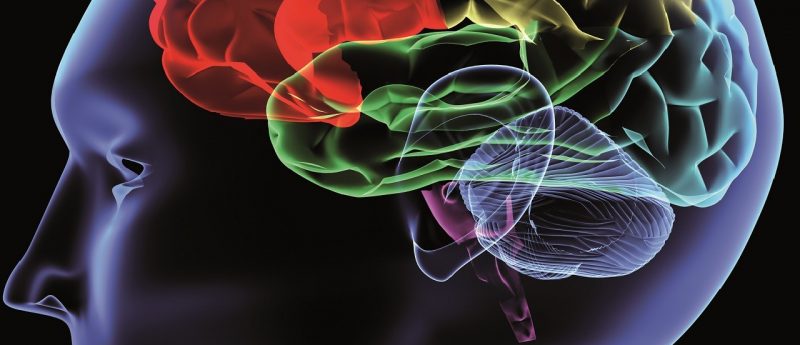Probability of white matter lesions similarly greater in individuals with heart failure and stroke history, study suggests

New data suggest that individuals with heart failure or who have experienced a stroke have similarly raised likelihoods of brain lesions commonly associated with dementia.
White matter lesions are brain pathologies that can be associated with dementia and cognitive impairment. New results from the Leipzig Research Centre for Civilization Diseases (LIFE)-Adult study suggest that individuals with heart failure, particularly long-standing heart failure, face similarly greater likelihoods of presenting with white matter lesions as patients who have suffered a stroke, compared with individuals without heart failure or who have not experienced a stroke. The data also suggest that patients’ duration of heart failure diagnosis is corelated with their likelihood of presenting with lesions.
Researchers assessed data on 10,000 individuals who participated in the LIFE-Adult study (Leipzig, Germany) between 2011 and 2014. All study participants had been evaluated for physical fitness and cardiovascular health history.
A subgroup of LIFE-Adult study participants, comprising 2490 patients, underwent MRI scanning to determine their extent of white matter lesions and allow investigators to evaluate the association between heart failure or stroke incidence and dementia-related pathology.
13% of the 2490 subgroup patients presented with moderate white matter lesions; moderate lesions are associated with dementia and cognitive impairment. By contrast, mild lesioning naturally increases with age progression.
Individuals with heart failure were 2.5 times more likely to have white matter lesions present compared with patients without heart failure. Similarly, patients who had suffered a stroke were twice as likely to display white matter lesions compared with individuals with no stroke history.
The likelihood of white matter lesioning was associated with the duration of patients’ heart failure diagnosis; patients who had had heart failure for less than 3 years were 1.3 times more likely to have white matter lesions compared with patients without heart failure. By contrast, individuals who had had heart failure for more than 6 years were 2.9 times more likely to display white matter lesioning.
Tina Stegmann, lead study author from Leipzig University Hospital (Germany), commented: “Up to 50% of older patients with heart failure have cognitive impairment and heart failure is associated with an increased risk for dementia.”
Stegmann concluded: “The role of dementia and its prevention is of growing interest in heart failure research as the overall heart failure population is aging and suffering from numerous comorbidities. Studies are needed to see if white matter lesions could be a therapeutic target for treating cognitive decline in patients with heart failure.”
Source:
